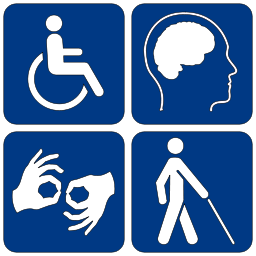In January’s meeting of the LEaDER Journal Club we explored the subject of student experiences of assessment, discussing two papers:
- “Rethinking Authentic Assessment: Work, Well-Being, and Society” by Jan McArthur
- “Assessment as a Matter of Being and Becoming: Theorising Student-Formation in Assessment” by Juuso Henrik Nieminen and Lili Yang
The papers share a focus on how assessments shape students’ experiences of learning. McArthur (2022, p.86) proposes an approach that engages with why the assessment task matters, arguing that as educators we must reflect “deeply on what we do and do not wish to achieve through this form of assessment.” Cautioning against an approach that conflates “the real world and the world of work”, McArthur (2022, p.87) argues for the importance of engaging with the social value of a task and proposes a shift in focus from “the world of work to a richer understanding of society as a whole.” Nieminen and Yang (2024, p.1) explore assessment as a process through which “students become known” and argue for the importance of recognising that assessment “shapes not only student learning but student identities as well”. Drawing on the notion of “student formation”, they argue that many assessment modes result in “other-formation”, ignoring the importance of “self-formation” and reflexivity which tend to be valued at other points in the learning process (Nieminen and Yang, 2024, p.2).

Image by rawpixel.com on Freepik
Our discussion explored the potential application of these papers to our own practice, with a specific focus on the importance of ensuring a clear rationale for the assessment design and a consideration of the ethics of assessment practice. The provocations of McArthur prompted reflection on way assessments can function as part of a wider means of education transforming society, while the argument of Nieminen and Yang initiated a discussion about the relationship between assessment and pedagogies of care. In particular, we reflected on the tension between assessments that socialise students in university or disciplinary values and culture, versus those that promote performativity and/or competition.
Thank you to everyone who attended for a thought-provoking discussion!
Our next meeting will take place on Tuesday 13th February 2024 and will be led by Dr Jane Secker. The session will explore open access in HE, with a focus on the following two papers:
- Nazim and M. Ashar. (2023), “Factors influencing the adoption and use of open access scholarly communication among researchers in India”
- Schultz. (2023). “A survey of US science journalists’ knowledge and opinions of open access research”
The session will run from 12-1pm and will be held over Zoom. Please register to attend here.







